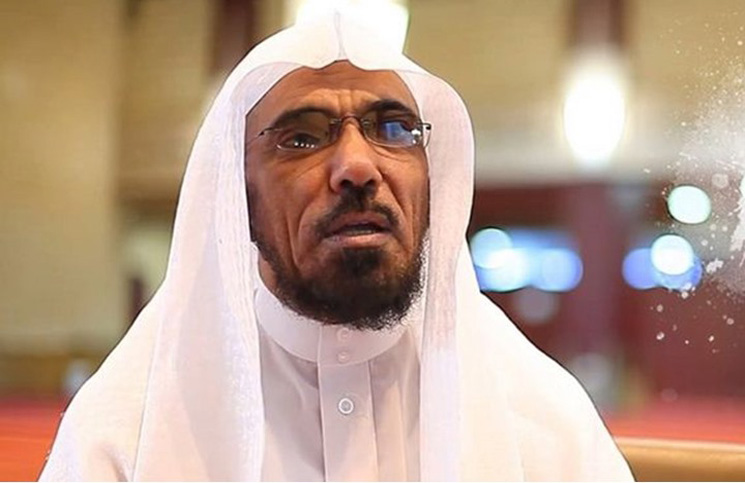
RNA – Salman al-Awdah, a prominent Saudi cleric has been detained by the Al Saud government for alleged “failing to sufficiently back Saudi policies, including the isolation of Qatar by Saudi Arabia, the UAE, and Egypt.”
Human Rights Watch reported that Saudi officials have asked Salman al-Awdah to “tweet a specific text to support the Saudi-led isolation of Qatar. Instead, he posted a tweet on September 9, the second part of which stated, ‘may God harmonize between their hearts for the good of their people,’ an apparent call for reconciliation between the Gulf countries.”
Meanwhile, 17 members of al-Awdah’s family were banned from leaving the country and even his younger brother, who reported his brother’s detention in a tweet, was arrested by security forces and his fate is still unknown.
One of the sources close al-Awdah told Human Rights Watch, the security forces informed them that their travel ban was ordered by the Saudi rulers.
The Middle East director at Human Rights Watch, also condemning the “arbitrary arrest” of a well-known Saudi ambassador, stated, “Crown Prince Muhammad ibn Salman’s efforts to reform the Saudi economy and society are bound to fail if his justice system scorns the rule of law by ordering arbitrary arrests and punishments.”
Sara Watson argued, “There’s no justification for punishing family members of a detainee without showing even the slightest evidence or accusation of wrongdoing on their part.”
al-Awda was among the first of dozens of people detained in mid-September.
On September 12, Saudi authorities confirmed a crackdown against those acting “for the benefit of foreign parties against the security of the kingdom and its interests.”
995/977/g